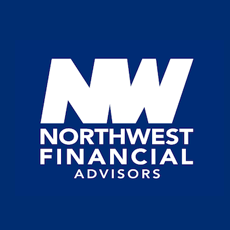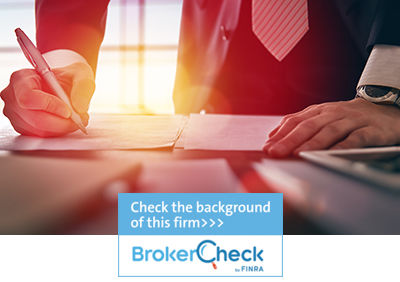What Does the SEC Mean to Main Street Investors?
The Securities and Exchange Commission (SEC) is a U.S. government oversight organization charged with overseeing and enforcing our nation’s federal securities laws. Founded at the peak of the Great Depression and after the passing of the Securities Exchange Act of 1934, the agency’s mission consists of three primary objectives:
-
Protecting Main Street investors who depend upon the nation’s financial markets to help create their financial wellness and future financial security
-
Maintaining fair, orderly and efficient markets that the public can trust
-
Facilitating capital formation to help businesses thrive, grow and keep our economy strong
So how does the SEC protect investors? First, it requires public companies, fund managers, investment professionals and other market participants to disclose financial data, consumer complaints, regulatory actions, criminal proceedings and other important information. It conducts regular exams on these individuals and businesses to ensure compliance and uncover any deficiencies. If misconduct or fraud is found, significant fines may be imposed. The SEC’s Division of Enforcement quickly acts to prevent fraud and loss, remove bad actors from the markets and help investors recover their assets.
The agency also offers educational resources for consumers on its website and YouTube page, including its SEC Action Lookup (SALI) tool that allows investors to check to see if an advisor has been named in any SEC court actions or administrator proceedings or has had any judgments or orders issued against them.
Northwest Financial Advisors is registered as an investment advisor with the SEC. We’re proud to have a robust compliance program and experienced compliance professionals to ensure our good standing with this vital organization.



